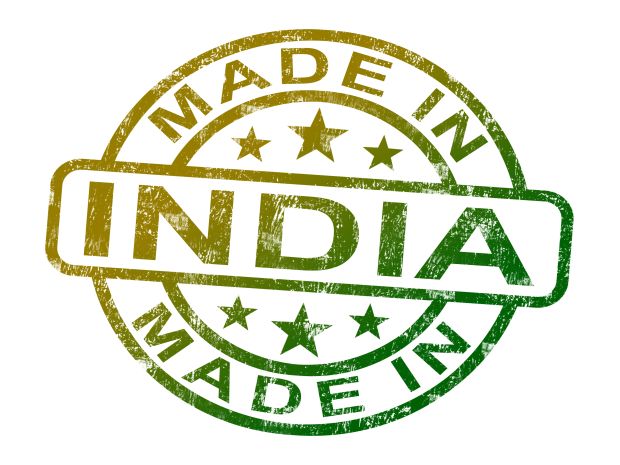'Buy India' policy could stymie manufacturing investments

India's proposed "Buy India" legislation might have the right intentions but it could backfire if multinational companies (MNCs) hold back their investment dollars. Tax breaks and improving the country's core infrastructure may be more effective in growing its manufacturing sector.
The "Buy India" rule was proposed by the government in January, as it looks to curb the import of various IT products ranging from consumer laptops to enterprise networking equipment. The Wall Street Journal (WSJ) reported this would require foreign companies to manufacture their products locally just so they can continue trading in India.
In a separate WSJ report, India's government said the aim of the import restrictions is to protect the country and encourage more local manufacturing.
Such a legislation would have a big impact on global tech vendors that have a presence in India, said Ajay Sunder, senior director of Asia-Pacific ICT practice at Frost & Sullivan. For companies that already have a local manufacturing base, this might mean they have to realign their entire value chain and this is not always feasible and could potentially lead to internal fallouts, he noted.
Nitin Pangarkar, associate professor of strategy and policy at National University of Singapore (NUS) Business School, said how willing companies are to comply with the proposed legislation would depend heavily on how popular their IT products are in India.

Foreign companies are not as willing to invest in manufacturing facilities and skilled manpower for products that have poor demand, such as semiconductor components, Pangarkar explained. On the other hand, products that garner huge local demand would mean the vendor is likely tempted or have sited manufacturing plants in India anyway, he added.
Essentially, foreign companies would have to assess how substantial the India market is for them, and if there are benefits to manufacturing in India and using it as an export base for the region, he said.
"If there are no benefits to be had by [having a local manufacturing presence], vendors wouldn't invest simply because the government wants them to and forcing [them] may not be the right way to go," he stated.
Pangarkar admitted it is difficult to assess if India is likely to pass the import regulations, which are still in draft form, much less the reaction from foreign IT vendors. He added different states in India have differing rules and varying degrees of friendliness toward MNCs, and these factors might affect the implementation of the laws, too.
Tax breaks, improving infrastructure more important
Foreign tech vendors ZDNet spoke to said the lack of a conducive environment for companies to grow their existing manufacturing base is a bigger concern for them than the proposed import curbs.
Daizo Ito, president of Panasonic India, said a key benefit for local manufacturing is it will give "a huge amount of confidence" to customers and society at large on the company's long-term commitment to the domestic market. The cost and availability of components and parts produced locally would further enhance customer satisfaction levels too, he said.
Ito added that many foreign companies would not oppose establishing or expanding factories in India, but it "makes more sense" to encourage these companies to invest by offering tax holidays and better, more reliable infrastructure. Streamlining the bureaucratic red-tape by having various government approvals in a single window, instead of going to various agencies for approvals and thereby delaying building projects, would also be beneficial, he said.
Sandeep Girotra, head of India at Nokia Siemens Networks (NSN), agreed that improving core infrastructure is more important. While there have been improvements in terms of energy, transportation, roads and ports, there are still a lot more to be done, he stressed.
"The government needs to take a well-defined, long-term view to improve the logistical infrastructure to be on par with many other Asian and developed countries, Girotra pointed out.
As for the pending import regulation, he called on the government to think carefully and consider all aspects before formalizing it. He added linking the policy with security considerations "might not be the right approach".
Both Panasonic and NSN have factories in India today. Panasonic's Technopark factory, for instance, was a "big step" in showcasing the Japanese company's commitment to the local market and its focus on localization, said Ito.
NSN expanded its Chennai manufacturing facility in August 2011 from 35,000 square meters to 55,000 square meters. "Nokia Siemens Networks supports local manufacturing and continues to invest in it, and is working with the authorities toward building the ecosystem for the same," said Girotra.